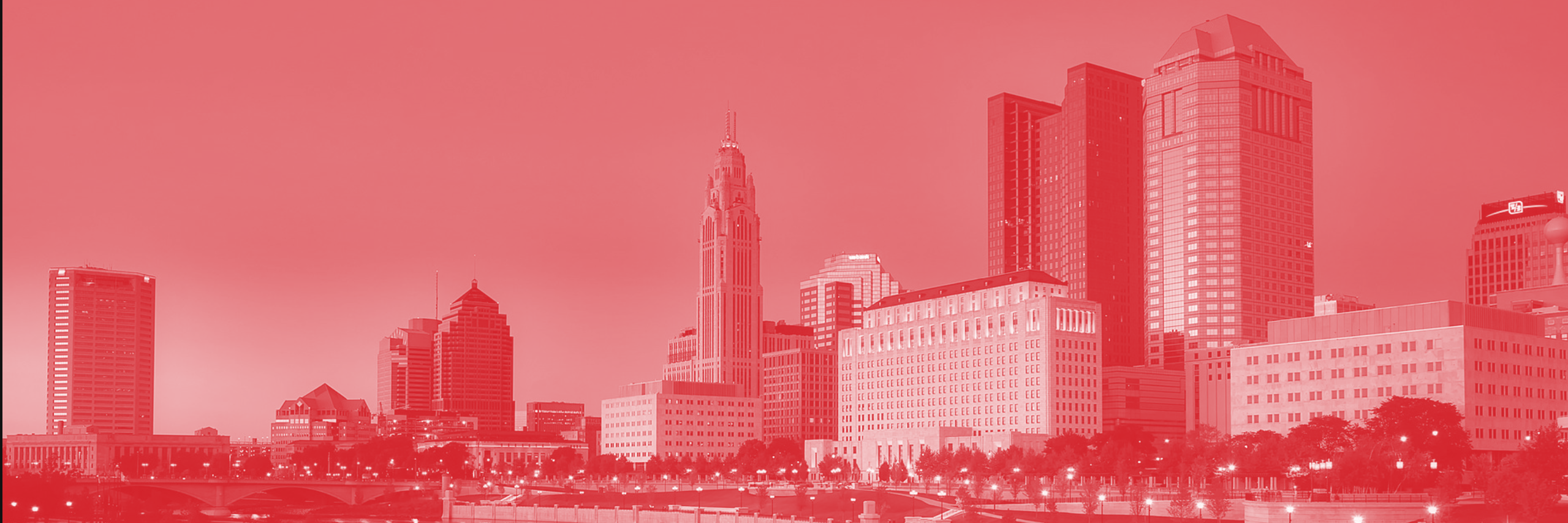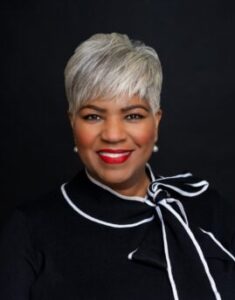Chamber News
Foundation News
United Through Opportunity: Jewish Family Services
April 16th, 2024
Our Region is fortunate to count nearly 200,000 foreign born residents in central Ohio. Coming from all parts of the world, they bring ideas and skills that contribute to our economic growth and cultural vibrancy. Recently, we had an opportunity to learn from a panel of local experts, who support our refugee and immigrant friends, neighbors, and co-workers.
We posed the following questions to Tariq Mohammed, Director of Refugee Social Services at Jewish Family Services:
As a level set, please share the differences between a refugee and an immigrant to the U.S.
“Refugees are individuals who have fled their home countries due to persecution, war, or violence. They are unable or unwilling to return to their home country because of a well-founded fear of persecution based on race, religion, nationality, political opinion, or membership in a particular social group. Refugees are granted legal protection under international law. In the United States, refugees undergo a rigorous vetting process and are admitted through the U.S. Refugee Admissions Program (USRAP).
Immigrants: Immigrants are individuals who choose to leave their home countries and move to another country, often for reasons such as better economic opportunities, family reunification, or education.”
Let’s talk about the refugee population in the Columbus MSA. Where are people coming from and what has brought them here?
“Over 2,800 refugees arrived in Ohio in 2023, with 1,304 of them coming from the Democratic Republic of the Congo. The refugees have come from many countries, including Ukraine, Eritrea, Afghanistan, and Burma. Most of them have settled in Cuyahoga (Cleveland) and Franklin (Columbus) counties.
The national resettlement agencies (HIAS) have local offices (Jewish Family Services) in various cities and regions throughout the United States. These local offices work with communities to identify suitable locations for refugee resettlement and provide essential services to refugees upon arrival.”
What are some of the challenges, as individuals are settling into a new home?
- Language Barrier
- Cultural Adjustment
- Employment
- Social Integration
- Trauma and Mental Health
When it comes to employment, what should business leaders understand about the refugee workforce?
“Many refugees are multilingual and bring valuable language skills to the workplace. Refugees may have cultural insights and perspectives that can benefit businesses operating in diverse communities or global markets. Business leaders should embrace and leverage the linguistic and cultural diversity of the refugee workforce to enhance communication, customer service, and market outreach.
Although refugees often bring valuable skills and experiences, they may need supplementary training, support, and resources to excel in the workforce. Business leaders should be ready to partner with organizations like Jewish Family Services, offering language aid, cultural orientation, job training, and other assistance to facilitate refugees’ integration into their companies and ensure their success in their positions.
Engaging with refugee-serving organizations, community groups, and workforce development agencies can provide business leaders with valuable resources, support services, and partnership opportunities. By collaborating with these stakeholders, businesses can tap into the refugee talent pool, address workforce needs, and contribute to the economic integration and success of refugee communities.”
Tell us about your organization and how you assist.
“The mission of Jewish Family Services is to helps individuals and families achieve economic self-sufficiency and emotional stability.
Jewish Family Services has a rich history dating back to its establishment in 1908, initially focused on aiding newly arriving Jewish refugees settling in Central Ohio. Throughout the twentieth century, the agency played a pivotal role in assisting Jewish immigrants, including the migration of numerous Soviet Jews to Columbus from the 1960s to the 1980s.
Over time, the agency expanded its outreach, extending support to preexisting families within the Jewish community, with continued emphasis on providing assistance for basic needs such as food, housing, and employment. In the late 1990s and early 2000s, Jewish Family Services purposefully broadened its services to encompass a wider demographic beyond the Jewish community. Refugee services remained central to its mission, particularly in response to the significant influx of Somali refugees into Central Ohio. Alongside career services, the agency strengthened its provision of mental health services, senior services, and other supports, enabling individuals and families to fulfill their basic needs. This outreach to the broader community not only garnered additional support but also enhanced the agency’s capacity to benefit both Jewish and non-Jewish individuals.”
What can a business leader do today to make their workplace more welcoming to refugees and immigrants?
“Foster a culture of diversity and inclusion within the organization by promoting respect, understanding, and acceptance of different cultures, backgrounds, and perspectives. Encourage open dialogue and celebrate the contributions of employees from diverse backgrounds.
Offer language assistance and resources to employees who may have limited proficiency in the dominant language spoken in the workplace. This could include language classes, translation services, or language-learning tools to help improve communication and integration.
Provide training sessions or workshops on cultural sensitivity and awareness to help employees better understand and appreciate the cultural differences among their colleagues. This can help prevent misunderstandings, promote empathy, and foster a more inclusive environment.
Collaborate with local refugee-serving organizations, community groups, and non-profit agencies to access resources, support services, and referral networks for employees. Build partnerships that promote mutual benefit and contribute to the well-being of the community.
To learn more about connecting to our refugee and immigrant communities, reach out to Tariq Mohamed at tmohamed@jfscolumbus.org

